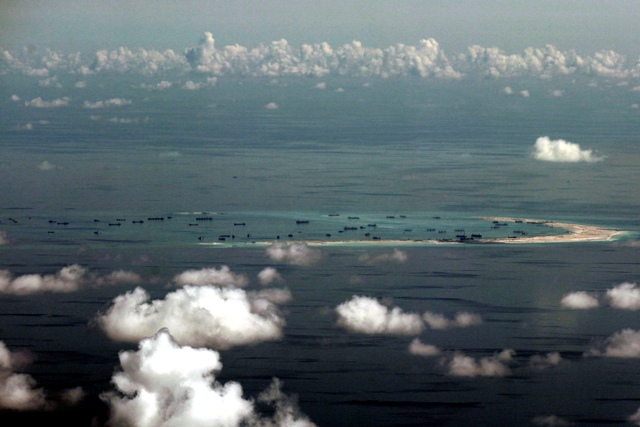Manila, Philippines—Judges at the international arbitration tribunal in The Hague unanimously rejected China’s claims to economic rights across large swathes of the West Philippine Sea yesterday, July 12.
Leaders from all over the world reacted to the court ruling. As one of the South China Sea claimant countries against China, Vietnam’s spokesperson for the Ministry of Foreign Affairs Le Hai Binh said that the country strongly supports the settlement of disputes by peaceful means.
Meanwhile, the United States said it is still studying the tribunal’s decision in the Philippines-China arbitration and made no comments yet on the merits of the case. However, it can be noted that US President Barack Obama once showed support to the Philippines’ cause last year when he said in Jamaica, ahead of a Caribbean summit in Panama, that he is concerned about China’s use of size and muscle to force countries like the Philippines into subordinate positions.
Australian Minister for Foreign Affairs Julie Bishop, called on the Philippines and China to abide by the ruling, which is final and binding on both parties, and to refrain from coercive behavior. Similarly, New Zealand Foreign Minister Murray McCully called on parties to respect the ruling on maritime rights in the South China Sea.
India’s Ministry of External Affairs said that as a state party to the UNCLOS, it urges all signatory countries to respect the international treaty which is also referred to as the “constitution of the sea.” It said states should resolve disputes peacefully and “exercise self-restraint in the conduct of activities that could complicate or escalate disputes affecting peace and stability.”
The Japanese also expressed support to the ruling, with its Foreign Minister Fumio Kishida saying, “Japan strongly expects that the parties’ compliance with this award will eventually lead to the peaceful settlement of disputes in the South China Sea.” Japan also reiterated its stand on the “importance of the rule of law,” as it recognized the decision of the arbitral tribunal at The Hague as “final and legally binding.”
The Asia Maritime Transparency Initiative (AMTI) listed Afghanistan, Gambia, Kenya, Lesotho, Liberia, Niger, Papua New Guinea, Sudan, Togo and Vanuatu as countries publicly supporting China’s position before the ruling. Meanwhile, The Philippines had the support of about 40 countries including Japan, Vietnam and the United States.




